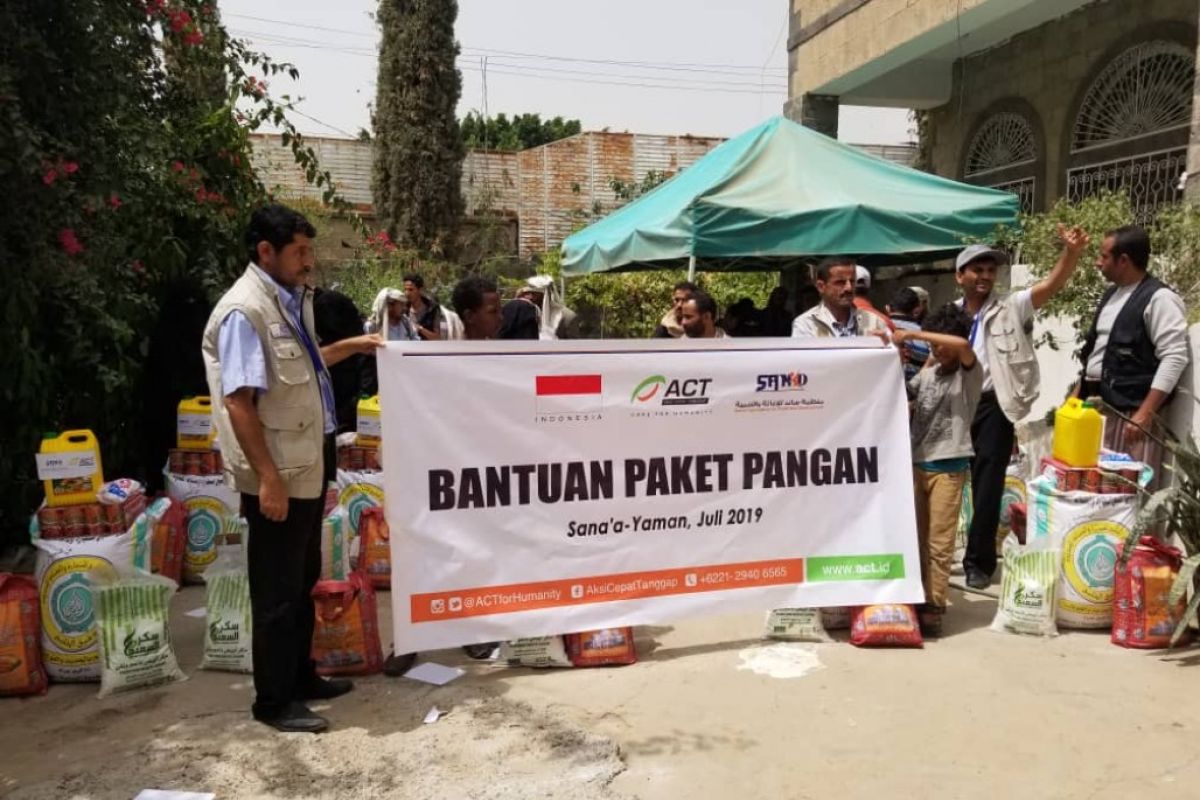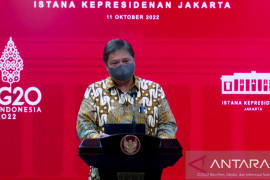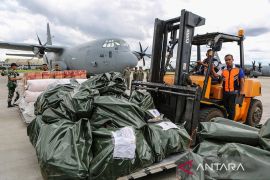Andi Noor Faradiba from the Global Humanity Response (GHR)-ACT team noted in a written statement received here on Friday that the food packages were distributed to residents in Sana'a.
He said the aid disbursed was in the form of basic necessities, comprising flour, rice, vegetable oil, sugar, and beans. The distribution of aid will be continued in the next three months.
"They are civilians, who live in the Sana'a area. The neighborhood they live in is the target of attacks by parties in conflict during the last Ramadhan," he pointed out.
Faradiba remarked that the prolonged conflict had a direct impact on the Yemeni economy, triggering food insecurity in Yemen's civil society. Food prices in the country have skyrocketed and the number of unemployed has soared, so staple foods are no longer affordable to several Yemeni residents.
He noted that the steep food prices had compelled the Yemeni population to switch over to less favored and cheaper food or reduce their food portions.
Reportedly, some 3.34 million people from 21 provinces in Yemen have been forced to flee since the conflict broke out. About 85 percent of the internally displaced people come from the provinces of Taiz, Hajjah, Sana'a City, Sa’ada, and Sana'a.
The food crisis in Yemen is also the result of reduced local food production. Prior to the conflict, some 25 percent of the food was produced domestically. In 2017, that figure dropped to below 20 percent.
In the meantime, domestic food production in 2018 is estimated to have declined further.
"As the leading humanitarian institution, ACT not only distributes aid to Yemen but also continues to complement the needs of citizens, who are victims of conflicts in various other parts of the world, such as Gaza, Uighur, Syria, and others," he added.
Translator: Anom/Eliswan Azly
Editor: Bambang Purwanto
Copyright © ANTARA 2019











